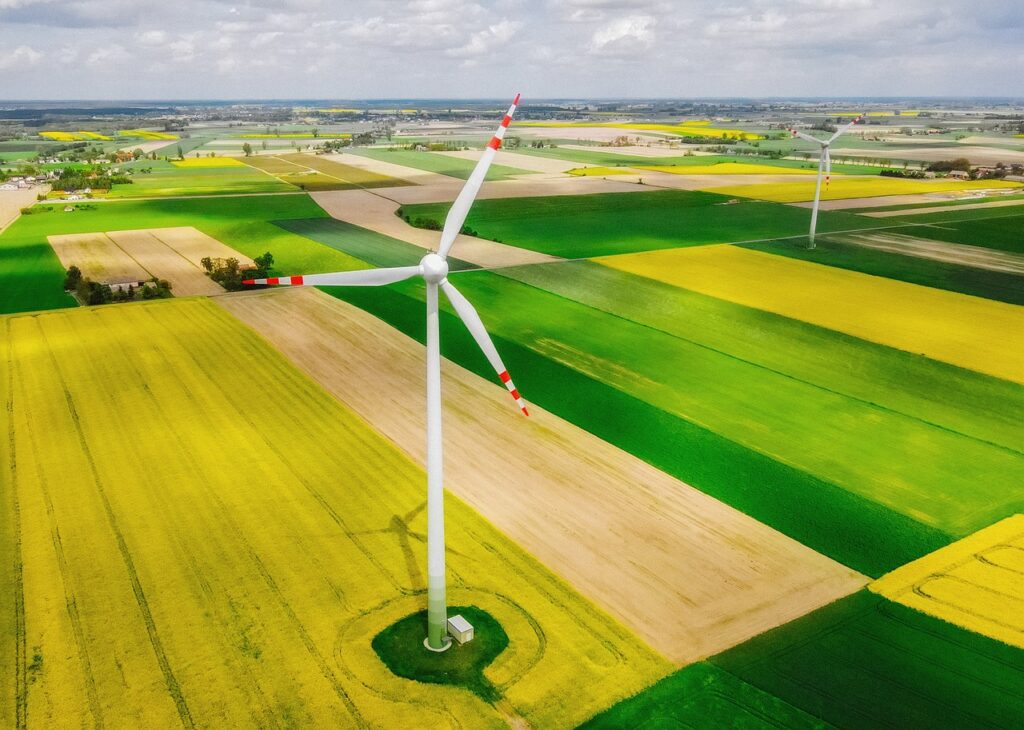
The World is facing an urgent and unprecedented challenge: Climate Change.
The consequences of rising global temperatures are already evident in the form of extreme weather events, melting glaciers, rising sea levels, and biodiversity loss.
To combat this existential threat, countries, organizations, and individuals are increasingly recognizing the importance of achieving ‘Net Zero’ emission norms ie cutting greenhouse gas emissions to as close to zero as possible, with any remaining emissions re-absorbed from the atmosphere, by oceans and forests for instance.
Here, we will explore the significance of this goal.
1. Urgency and Mitigation:
The urgency to achieve net zero emissions by 2030 stems from the critical need to mitigate the effects of climate change. Scientists warn that we are rapidly approaching irreversible tipping points, beyond which the impacts of global warming may become catastrophic and irreversible. By committing to reach net zero emissions within the next decade, we demonstrate a sense of urgency and a determination to limit global temperature rise to safe levels.
2. Enhanced Resilience and Adaptation:
By striving for net zero by 2030, we recognize the importance of building resilience and adapting to the changing climate. The goal necessitates investing in climate-resilient infrastructure, sustainable agriculture, and disaster preparedness. These measures not only reduce greenhouse gas emissions but also enhance our ability to withstand the impacts of climate change, such as more frequent and severe droughts, storms, and heat-waves.
3. Global Leadership and Collaboration:
Net zero by 2030 represents global leadership and collaboration in climate action. When countries, organizations, and individuals commit to this goal, they send a powerful signal that they are taking collective responsibility for their emissions and actively working towards a sustainable future. This collective effort fosters international collaboration, knowledge sharing, and the exchange of best practices, accelerating the transition to a low-carbon economy.
4. Technological Innovation and Economic Opportunities:
The ambitious target of net zero by 2030 stimulates technological innovation and creates new economic opportunities. To achieve this goal, we need breakthroughs in renewable energy, energy storage, carbon capture and storage, and other clean technologies. These advancements not only reduce emissions but also drive economic growth, job creation, and sustainable development. By embracing innovation, we can foster a thriving green economy and transition away from fossil fuels.
5. Health and Well-being:
Achieving net zero emissions by 2030 has significant implications for human health and well-being. By reducing air pollution, a major consequence of burning fossil fuels, we can improve air quality and mitigate respiratory diseases. Additionally, transitioning to sustainable transportation and energy systems can lead to cleaner and healthier communities, reducing the burden of illnesses associated with pollution and climate change.
6. Equity and Social Justice:
The pursuit of net zero by 2030 is closely linked to equity and social justice. Climate change disproportionately affects vulnerable communities, exacerbating inequalities and injustices. By prioritizing a just transition, we can ensure that the burdens and benefits of climate action are equitably distributed. This includes providing support to communities and workers affected by the shift away from carbon-intensive industries, promoting access to clean energy and sustainable infrastructure, and empowering marginalized groups in decision-making processes.
- 7. Preservation of Ecosystems and Bio-diversity:
- Net zero by 2030 plays a crucial role in preserving ecosystems and biodiversity. The warming climate threatens fragile habitats, endangered species, and essential ecosystem services. By reducing greenhouse gas emissions, protecting forests, and restoring degraded lands, we can safeguard biodiversity and maintain the resilience of ecosystems. This is essential for the well-being of both nature and humanity.
- 8. Conclusion:
- Net zero by 2030 represents a bold and necessary target in our fight against climate change. Its significance lies in the urgency to mitigate the impacts of global warming, enhance.


